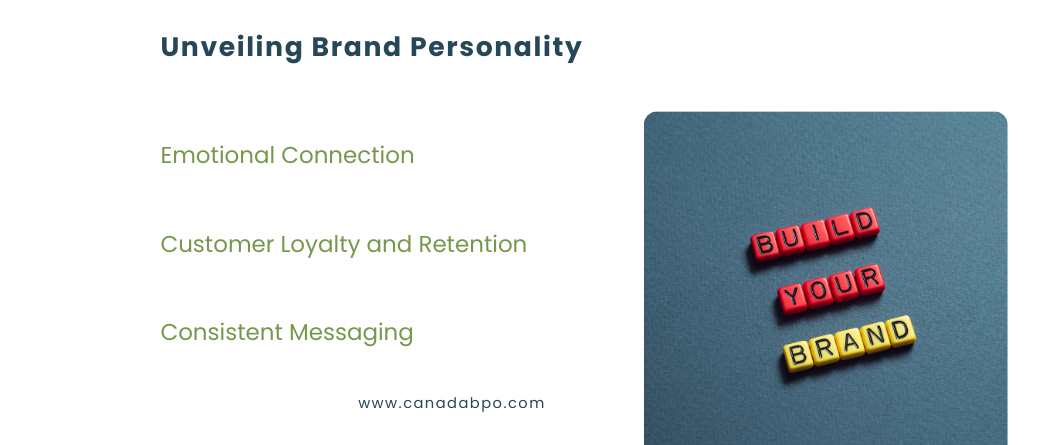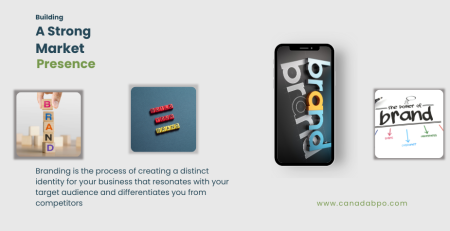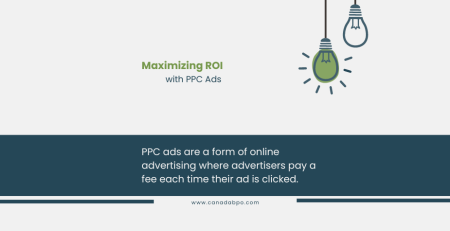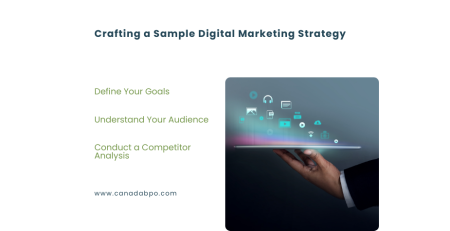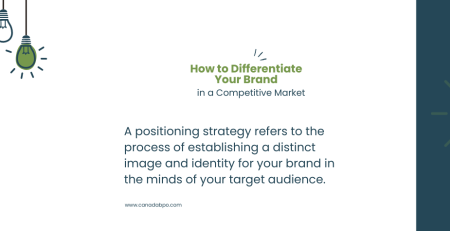Consumers are bombarded with countless choices. How do you ensure your brand stands out from the crowd? One of the most powerful ways is through your brand personality. Just like people, brands have personalities, and those personalities can form emotional connections with consumers.
In this blog post, we’ll explore what brand personality is, why it’s so important, and how to create a brand personality that resonates with your audience.
What is Brand Personality?
Brand personality refers to the set of human traits and characteristics attributed to a brand. It’s how a brand communicates and interacts with its audience on an emotional level, creating a distinct and relatable identity. Just as people have unique personalities, your brand’s personality defines how it is perceived by customers—whether it’s fun, sophisticated, reliable, or innovative.
At its core, brand personality shapes how people feel about your brand and plays a significant role in differentiating your business from competitors.
For example:
- Nike exudes confidence, motivation, and athleticism with its “Just Do It” attitude.
- Apple is innovative, sleek, and creative, appealing to tech-savvy, forward-thinking individuals.
- Dove is caring, compassionate, and inclusive, fostering trust and self-confidence.
Why Brand Personality Matters
In today’s crowded market, having a strong brand personality is crucial for creating meaningful connections with your audience. Here’s why it matters:
1. Emotional Connection
Consumers are more likely to connect with brands that align with their own values, beliefs, and personality traits. A well-defined brand personality fosters emotional connections, helping your brand become more relatable, memorable, and trustworthy. These emotional ties can lead to increased customer loyalty and long-term brand advocacy.
2. Differentiation
With so many brands offering similar products or services, personality can be the key differentiator. Your brand personality sets you apart by giving consumers a reason to choose you over competitors. In markets saturated with options, consumers gravitate towards brands with unique, compelling identities.
3. Customer Loyalty and Retention
A strong brand personality not only attracts customers but also retains them. When customers connect with a brand on a personal level, they’re more likely to stay loyal, return for repeat purchases, and recommend the brand to others.
4. Consistent Messaging
Brand personality ensures consistency across all touchpoints, from your website and social media to customer service and advertising. It provides a clear direction for tone, language, and overall brand experience, helping you communicate consistently and effectively with your audience.
5. Increased Brand Recognition
When consumers can recognize your brand’s voice, tone, and personality across multiple platforms, it reinforces brand recognition. Over time, this recognition turns into trust, making your brand top-of-mind whenever customers need your product or service.
Defining Your Brand Personality: The Five Dimensions
Renowned psychologist Jennifer Aaker developed the Five Dimensions of Brand Personality, which is a framework that helps businesses define their brand’s character. These five dimensions include:
1. Sincerity
Brands that are sincere are seen as honest, wholesome, and down-to-earth. They are often associated with family values, trust, and transparency. Sincere brands are relatable and evoke feelings of warmth and comfort.
Example: Dove is a brand that embodies sincerity with its focus on authenticity and real beauty.
2. Excitement
Exciting brands are perceived as daring, imaginative, and energetic. They often target younger audiences with bold, innovative ideas and a sense of adventure.
Example: Red Bull, known for its high-energy marketing and sponsorship of extreme sports, positions itself as an exciting, adventurous brand.
3. Competence
Competent brands are dependable, responsible, and successful. They project expertise and reliability, often appealing to professionals and customers looking for a trustworthy solution.
Example: IBM’s brand personality focuses on competence, with a reputation for delivering cutting-edge technology solutions and professional services.
4. Sophistication
Sophisticated brands are perceived as luxurious, refined, and elegant. They often target high-end markets and evoke feelings of prestige and exclusivity.
Example: Chanel epitomizes sophistication with its focus on high fashion, elegance, and timeless luxury.
5. Ruggedness
Rugged brands are tough, durable, and outdoorsy. They resonate with customers who value adventure, strength, and resilience.
For example : Jeep positions itself as a rugged brand, with a focus on adventure, off-road capabilities, and a connection to the great outdoors.
Steps to Create a Strong Brand Personality
Now that you understand the importance of brand personality and the different dimensions, here’s how you can define and develop your own brand personality.
1. Understand Your Audience
Your brand’s personality should reflect the characteristics and values that resonate with your target audience. To create an effective brand personality, start by conducting thorough market research to understand your audience’s needs, desires, and preferences.
Consider:
- What traits or characteristics does your target audience value most?
- What kind of personality traits would appeal to them?
- How can your brand reflect their values and lifestyle?
For example, if you’re targeting young, tech-savvy consumers, your brand personality might be energetic, innovative, and playful.
2. Align with Your Brand Values
Your brand personality should be an authentic extension of your core values. Identify the values that are most important to your brand—such as sustainability, creativity, or inclusivity—and make sure these values are reflected in your personality.
For instance, if your brand values sustainability, your personality might be eco-conscious, thoughtful, and responsible. Patagonia, for example, aligns its rugged, outdoorsy personality with a strong commitment to environmentalism.
3. Develop a Distinct Brand Voice
Your brand’s voice is a key component of your personality. It’s how you communicate with your audience, whether through social media posts, advertisements, or customer service interactions. Your brand voice should reflect your personality traits and be consistent across all platforms.
- A sincere brand might use warm, approachable language.
- An exciting brand might use playful, energetic, and bold language.
- A sophisticated brand might have a polished, refined tone.
Be sure to document your brand voice guidelines to maintain consistency across all communication channels.
4. Be Consistent Across All Touchpoints
Consistency is critical when it comes to building a strong brand personality. From your website to social media, advertising, and even packaging, your brand’s personality should shine through at every touchpoint. Consistency helps reinforce your brand identity and strengthens the emotional connection with your audience.
For example, Apple’s sleek and innovative personality is consistently reflected in everything from their minimalist packaging to their modern, futuristic website design and product marketing.
5. Evolve with Your Audience
While consistency is important, brands also need to evolve over time to stay relevant. As consumer preferences shift and markets change, your brand personality may need to adapt. Keep an eye on industry trends and customer feedback to ensure your personality continues to resonate with your audience.
For example, as consumers became more eco-conscious, brands like IKEA and Nike evolved their personalities to emphasize sustainability and environmental responsibility.
Examples of Strong Brand Personalities
Some of the most successful companies have built their brand equity around strong, distinct personalities. Here are a few standout examples:
- Nike: With a personality that exudes motivation, determination, and athleticism, Nike’s brand appeals to active, goal-oriented individuals. Their messaging encourages consumers to push their limits and reach their full potential.
- Harley-Davidson: Harley-Davidson’s brand personality is rugged, rebellious, and bold, attracting those who crave freedom, adventure, and the open road. Their brand resonates deeply with a community of loyal customers who embrace the biker lifestyle.
- Tiffany & Co.: Tiffany’s brand personality is sophisticated, luxurious, and timeless. Their elegant, high-end appeal makes them the go-to brand for consumers seeking luxury jewelry and refined taste.
Your brand personality is the heart and soul of your brand, influencing how consumers perceive and engage with your business. By crafting a personality that aligns with your audience’s values, reflects your brand’s core beliefs, and remains consistent across all channels, you can build a powerful emotional connection with your customers and foster long-term loyalty.
At Canada BPO Services, we specialize in helping businesses develop strong brand personalities that drive engagement and differentiate them from competitors. Contact us today to learn how we can help you create a compelling brand personality that resonates with your audience!
